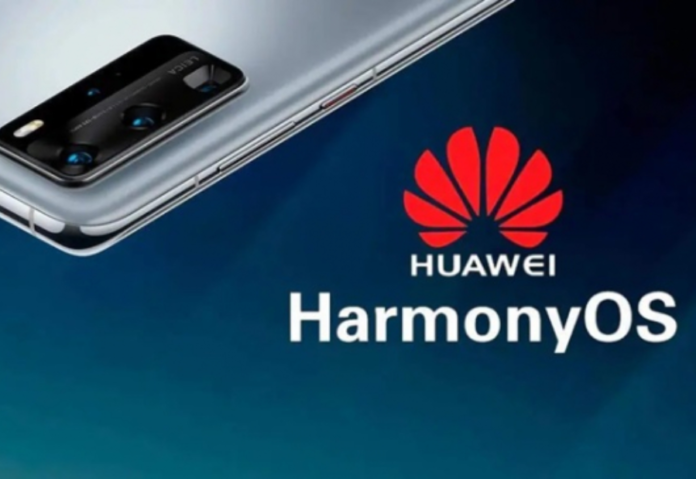Shenzhen’s Harmony Ecosystem Innovation Centre is a government-owned organization that promotes the use of OpenHarmony, an open-source operating system that Huawei introduced five years ago, in software development by local government agencies, businesses, and hardware manufacturers.
Huawei’s Harmony Ecosystem Innovation Centre in Shenzhen is a local government-owned entity that encourages authorities, companies, and hardware makers to develop software using OpenHarmony, an open-source version of the operating system Huawei launched five years ago after U.S. sanctions cut off support for Google’s (GOOGL.O) Android. It is home to a collection of devices that, packed into a small room, showcase a vision of China’s software future: one in which an operating system developed by national champion Huawei has replaced Windows and Android.
While Huawei’s recent strong-selling smartphone launches have been widely scrutinized for signals of progress in China’s chip supply chain, the company has also quietly built up expertise in sectors critical to Beijing’s ambition of technology self-sufficiency, from operating systems to in-vehicle software. President Xi Jinping last year told the Communist Party’s elite politburo that China must wage a difficult battle to localize operating systems and other technology “as soon as possible” as the U.S. cracks down on exports of advanced chips and other components.
OpenHarmony, which opens a new tab for Windows and Android products upon which many systems rely, is currently being widely promoted within China as a “national operating system” amid concerns that other major companies could be severed from Microsoft (MSFT.O). In China, “this strategic move will likely erode the market share of Western operating systems like Android and Windows as local products gain traction,” predicted Sunny Cheung, an associate fellow at the Jamestown Foundation, a U.S. defense policy group.
According to research firm Counterpoint, in the first quarter of 2024, Huawei’s proprietary operating system, HarmonyOS, overtook Apple’s (AAPL.O) iOS to become the second most popular mobile operating system in China, after Android. Outside of China, no smartphone version of it has been released. Huawei no longer controls OpenHarmony, having gifted its source code to a non-profit called the OpenAtom Foundation in 2020 and 2021, according to an internal memo and other releases.
However, as parts of a larger Harmony ecosystem, the innovation center and official documentation frequently use the terms OpenHarmony and HarmonyOS interchangeably. Adoption of OpenHarmony will increase due to HarmonyOS’s growth, which is anticipated to launch in a PC version this year or next, according to analysts. Richard Yu, the chairman of Huawei’s consumer business group, stated last week at the start of a developer conference that “Harmony has created a powerful foundational operating system for the future of China’s devices.”
Do Follow: CIO News LinkedIn Account | CIO News Facebook | CIO News Youtube | CIO News Twitter
About us:
CIO News is the premier platform dedicated to delivering the latest news, updates, and insights from the CIO industry. As a trusted source in the technology and IT sector, we provide a comprehensive resource for executives and professionals seeking to stay informed and ahead of the curve. With a focus on cutting-edge developments and trends, CIO News serves as your go-to destination for staying abreast of the rapidly evolving landscape of technology and IT. Founded in June 2020, CIO News has rapidly evolved with ambitious growth plans to expand globally, targeting markets in the Middle East & Africa, ASEAN, USA, and the UK.
CIO News is a proprietary of Mercadeo Multiventures Pvt Ltd.






